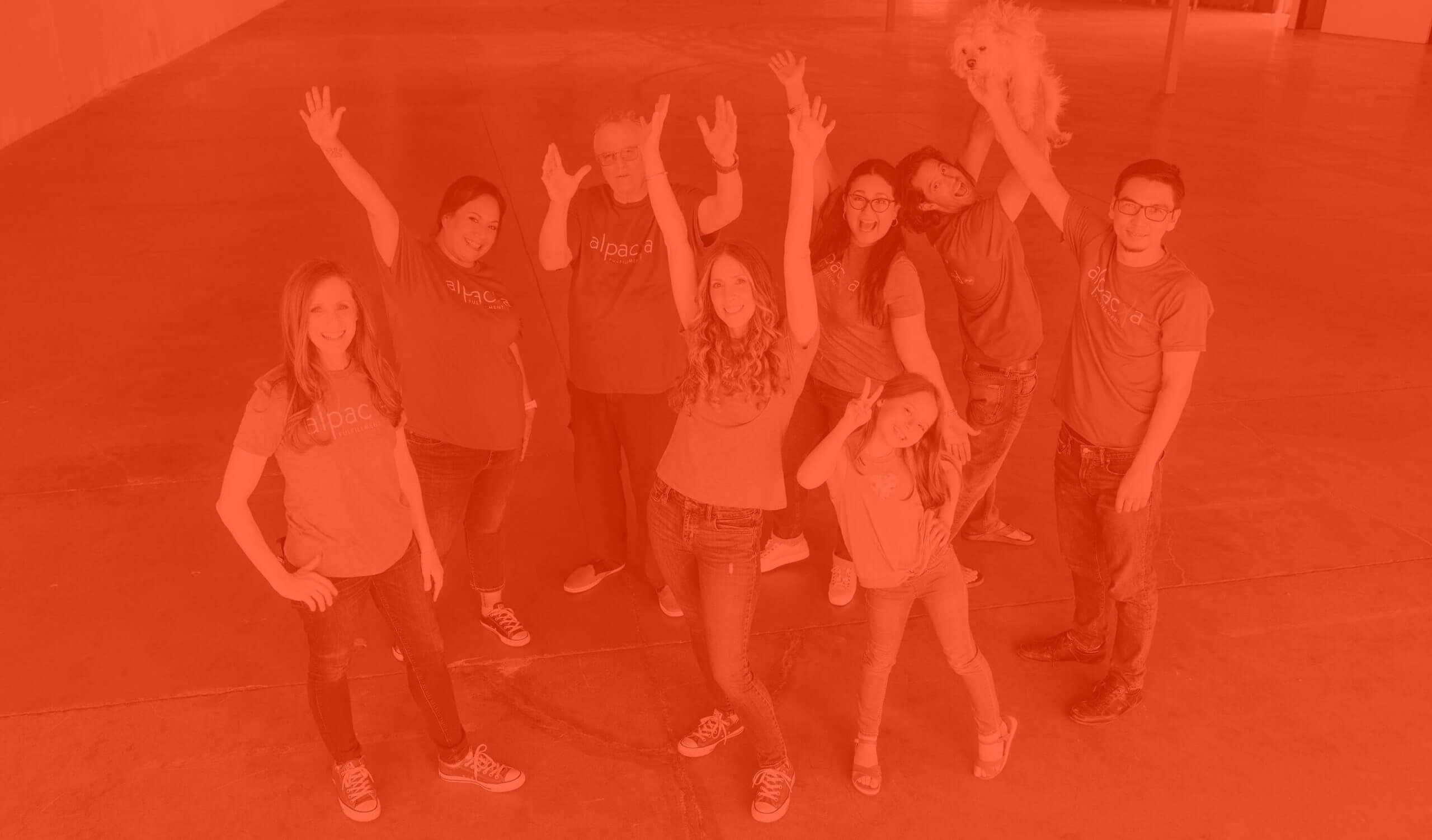Having a ton of bestsellers and quickly selling out of them is a good thing, but not if you can’t restock them in time! When you have highly sought-after items that sell out fast, you may not be able to satisfy the demand that keeps coming in. Now, you are faced with the challenge of not wanting to halt sales and upset clients, but with your bestselling items out of stock in your warehouse, what are you supposed to do? The solution: use backordering in materials management and to support your sales.
Backordering allows your customers to place orders even if the item is not currently in your inventory. A product may be in production or in preparation but not quite ready for shipping – in this case, customers can make a deposit or full payment with the reassurance that the item will be shipped by a specified date.
What Exactly is a Backordered Item?
Backordered items are also known as pre-sold goods. In some instances, popular, fast-selling products are sold temporarily on a backorder basis to handle the increase in demand. This means that stock may not be available on hand, but the items are in production or on their way to you. As soon as they are received, they will be delivered to customers to fulfill the order. You can also advertise these products as a pre-order.
When customers purchase under backorder, they accept that they will have to wait to receive the product. This is what the order fulfillment process looks like for backorders:
- A customer places an order for a product that is not yet on your inventory list.
- You create a backorder for the product and convert it to a purchase order sent to the vendor.
- The vendor fulfills the order.
- When the product arrives, you ship it to your customer.
Backorders Requires Exceptional Accounting
If your business is operating on a smaller scale, you may not want to order too much stock for your warehouse. This ensures that you will not end up with a high volume of surplus stock on your hands if the items don’t sell. Even if you have a proper inventory management system in place, unpredictable demands can cause you to run out of stock.
In order not to disappoint your customers, you should make every effort to inform them that the item they ordered is on backorder. It is important to keep proper records of backorders, as they are classified as incomplete sales. When the items arrive, you will need to follow up promptly so you can mark the backorders off as complete.
The Benefits of Backordering in Materials Management
Storing large amounts of stock requires leasing storage space, which can be costly. Keeping a limited quantity of goods on hand while working on a backorder system eliminates the need for extra storage, which lowers costs. These cost savings can then be passed on to customers, who are more likely to return due to the lower prices.
Even if your company brings in a larger quantity of goods than you expect to sell, creating a base of “safety stock”, you will need to have a highly organized system to keep on top of all your products. A poorly managed system can lead to items getting misplaced and records not tallying with the actual numbers. It may even take you a while to notice this discrepancy, and by then, you may already have missed out on a number of sales.
Backorders Can Increase Hype
Another thing you can take advantage of with backorders is the hype that inevitably surrounds the item in question. When customers are made aware that a product is in high demand and that they will have to place a special order for it, this can increase the item’s appeal in their eyes.
In addition, backordering allows you to meet any customized requests your customers may have, as you are not just limited to what’s in your inventory. For instance, if a customer is eyeing a pair of shoes you stock but in a different color, you can easily fulfill their request by adding their desired pair to your backorder list.
Too Many Backorders Can Cause Problems for Materials Management
When items are continuously on backorder, it may indicate that operations are too lean. An excessive number of backorders can also result in missed sales as your customers start looking elsewhere for the products they want. If your customer sees that certain goods are regularly out of stock, they will come to expect a wait when making a purchase with your brand and may cancel their orders consequently. This will result in refunds and additional adjustments to your accounting.
Poor inventory management may eventually result in customer loss and a loss of market share, which is why you want to make sure that you are not overutilizing backorders.
Entrust Your Order Fulfillment Needs to a 3PL
A third-party logistics provider (3PL) like Alpacka can enhance your customer experience by accelerating backorder delivery and improving overall materials management processes. At Alpacka, we offer fulfillment solutions and value-added services to ensure backorders are processed smoothly through the supply chain. You will no longer have to mark popular items as out of stock and disappoint your customers when you have a trusty partner on your side to assist you through the backorder process!
Contact us today to find out more about our services and kickstart a discussion into what we can do for you!

